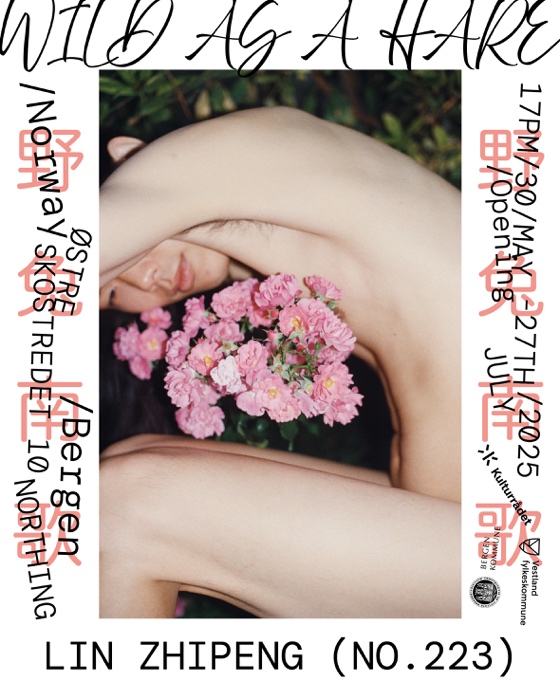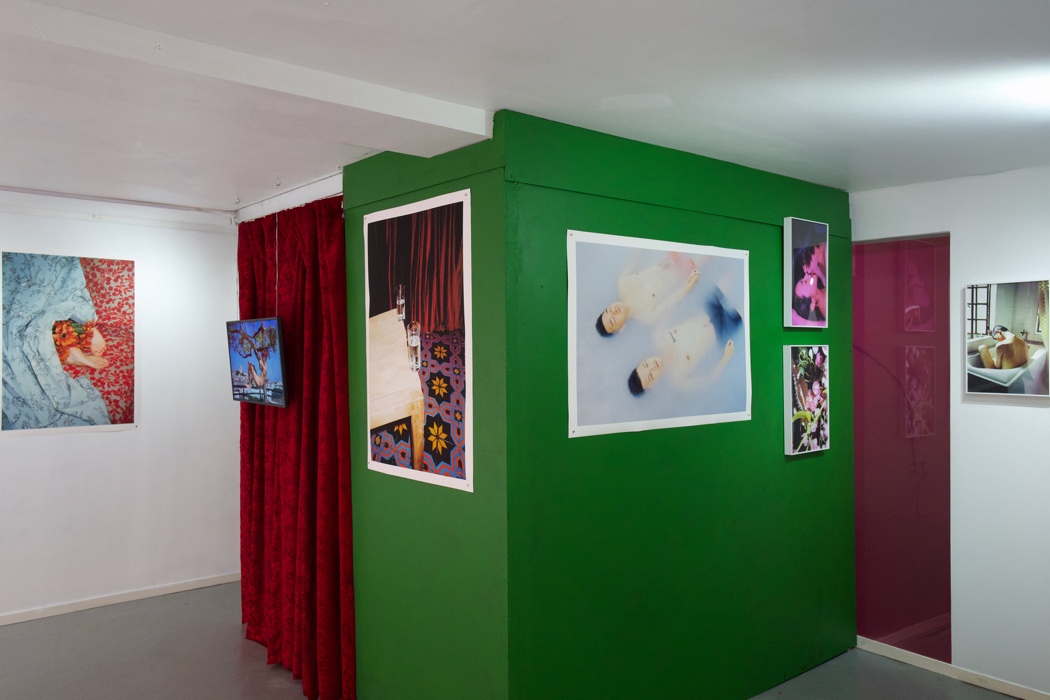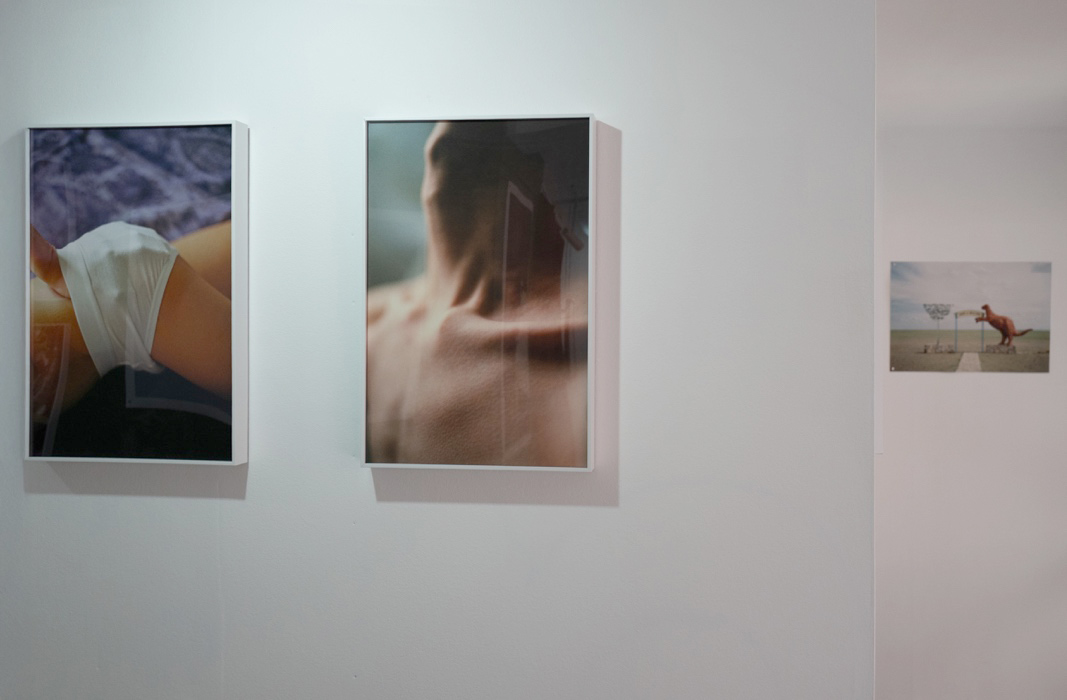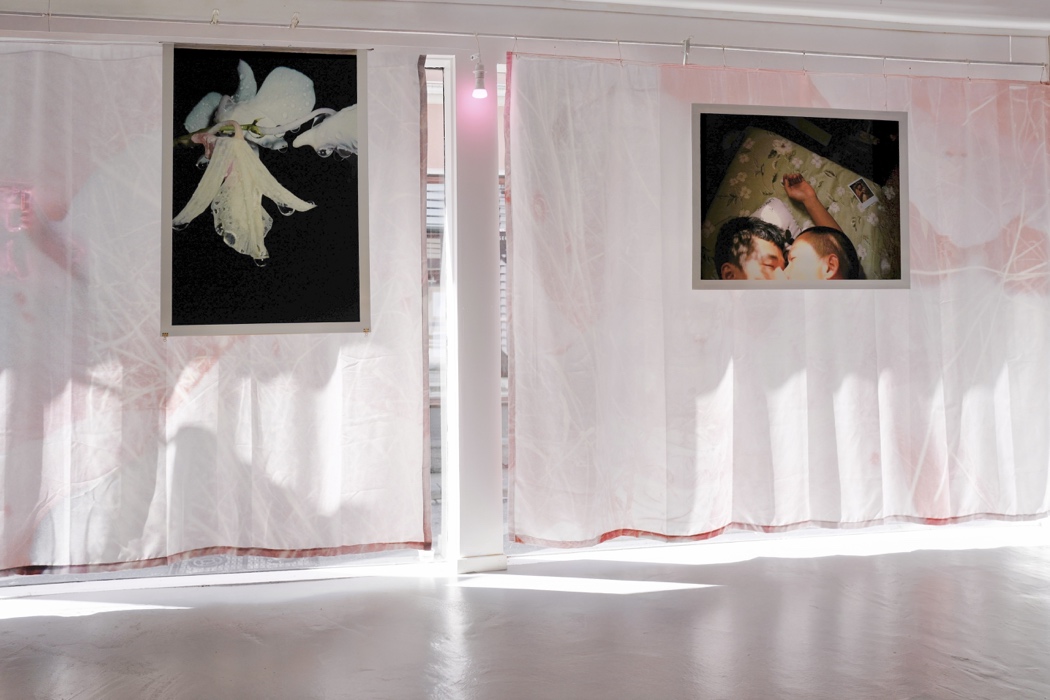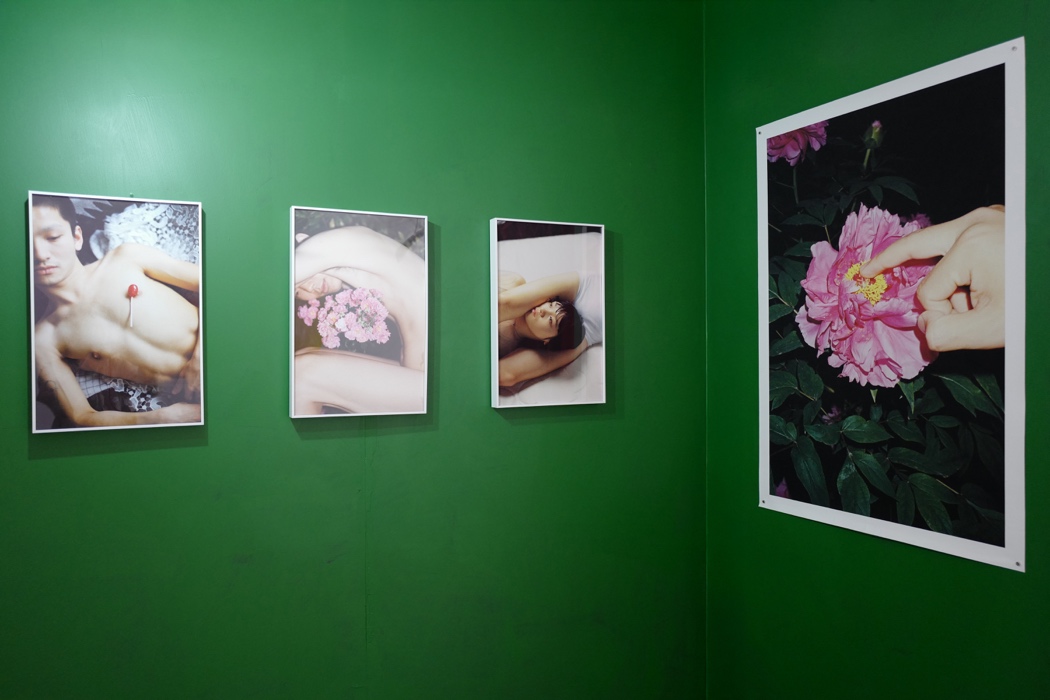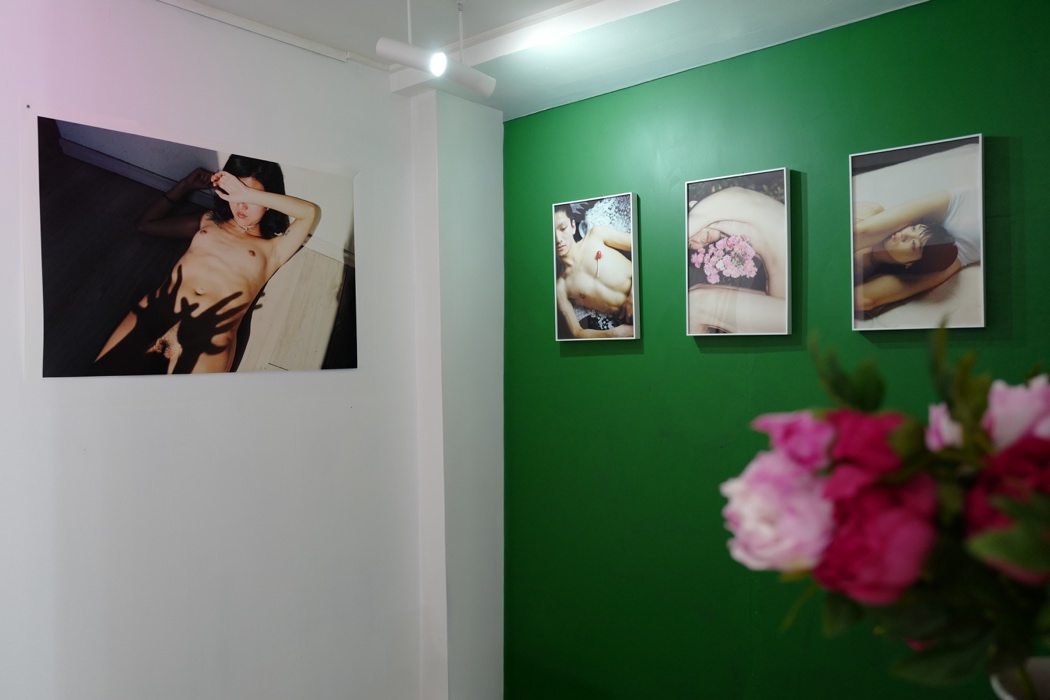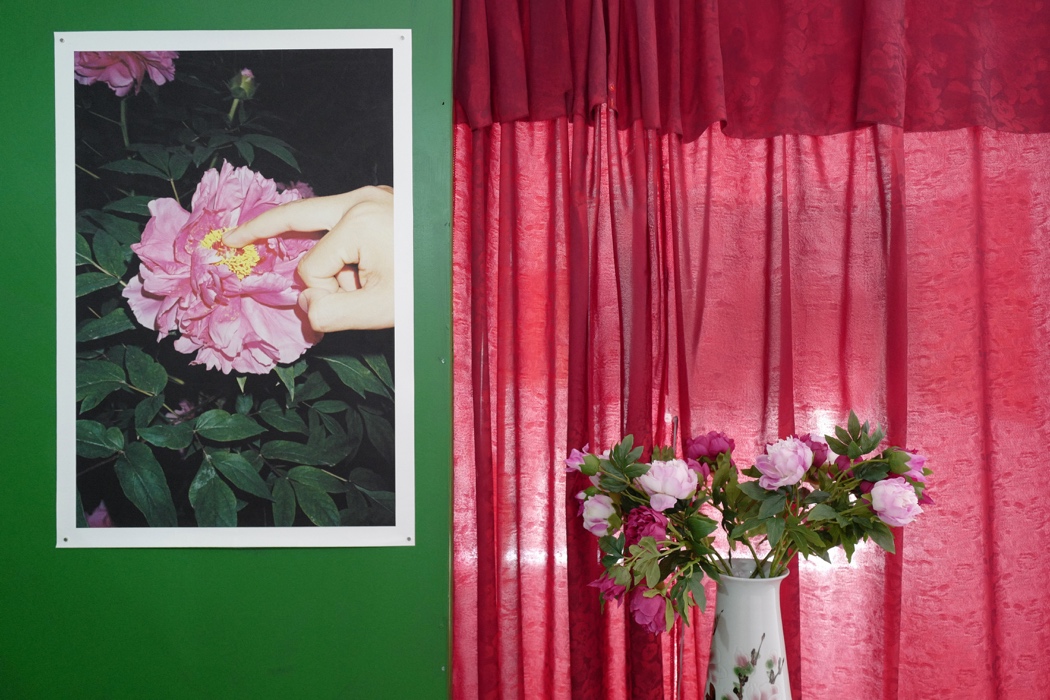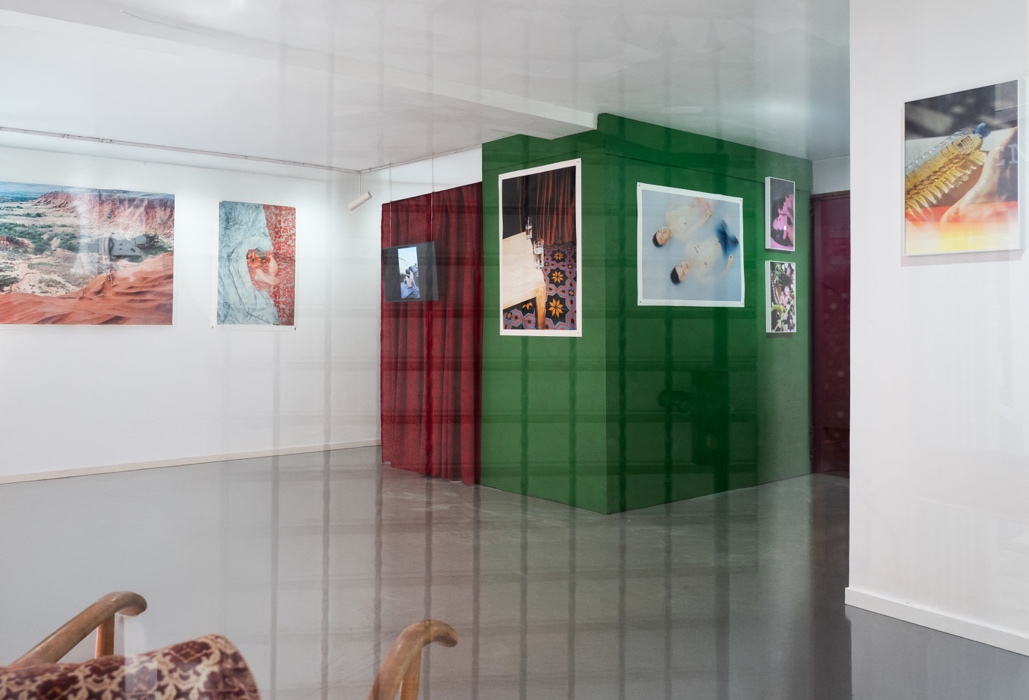Suspense: About those pledges, lost in the wild like a hare, unforeseeably mysterious. – Lin Zhipeng (No.223)
I wish I could have known Lin as well as I know his works. But I must confess that, until this moment—typing this statement for his upcoming exhibition at our art space—I haven’t met or spoken to him in person. So, I don’t have a dozen anecdotes up my sleeve to spice things up.
My image of him is pieced together from his works and the articles written by his friends, many of which appear in his new book, La Liberté ou l’Amour, to be published by our imprint, Kinakaal, shortly after the exhibition opens.
So be warned: this text may be highly presumptuous—and possibly biased.
Lin was born in a sunny southern city with an average temperature above 25 degrees, which gave him a tanned, healthy complexion and a buoyant temperament. Like many in our generation who grew up before the internet and social media consumed our attention, Lin’s teenage years bore the imprint of Japanese manga and fashion magazines. But instead of outgrowing them as many of us did, Lin transformed these early influences from popular culture into a unique visual language—one that has never aged since the day he picked up his first camera: a Nikon SLR, a gift from his sister.
Many have praised Lin for his courage to break boundaries. But I doubt he ever paid much attention to those boundaries—whether conventional, moral, or political—just as birds soaring through the sky never see the borders between civilisations and nations. Such boundaries must have seemed meaningless, even preposterous, to those born with a free spirit.
The proof lies in the sincerity and almost childlike innocence and curiosity found in Lin’s images, which are seldom—if ever—deliberately provocative or politically confrontational, as some Western critics might wish them to be. Instead, there is always a bold young mind behind the viewfinder (though not often, the screen), ready to embrace any kind of inspiration or impulse that crosses the lens. This is the uncompromising openness of an innately free spirit—one that rejects the filters of theory, ideology, methodology, and academic convention.
Some have also described him as a rebel, someone who didn’t conform to social norms. But if he simply followed his heart and instincts—the most natural path for him—and stayed true to himself, is he still a rebel? Or has the social norm itself drifted away from human nature?
If one is nevertheless perturbed by the wild hare that storms recklessly through their well-planned rose garden, perhaps the curses should not be cast upon the hare, but rather upon the cage—visible or not—that one hides behind for protection.
——Curated by Yilei Wang & Ben Wenhou Yu
